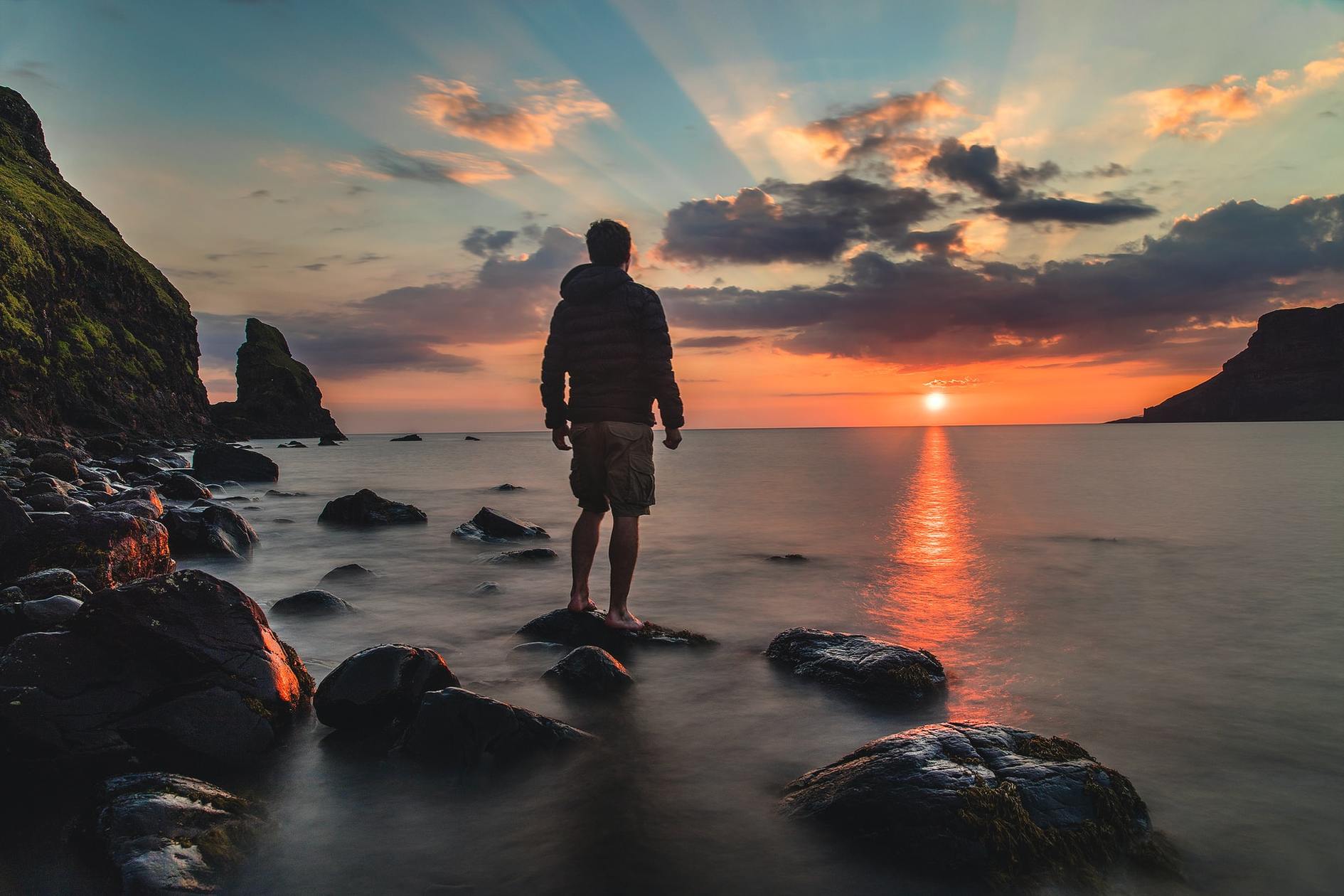By: James E. Maddux, Ph.D., CWB Senior Scholar
“Our language has wisely sensed the two sides of being alone. It has created the word ‘loneliness’ to express the pain of being alone. And it has created the word ‘solitude’ to express the glory of being alone.” – Paul Tillich
For some people, spending more time may have led to loneliness – as Paul Tillich says, the pain of being alone. It is possible, of course, to feel lonely in the presence of another person or even a crowd of people. How many of us have not had the experience of being at a gathering of apparently happy people yet feeling utterly lonely? But the most profound loneliness usually comes from spending too much time by oneself while craving time in the presence of other people.
But for others who also spent most of their time in the presence of others, it may have been their first taste of solitude – the glory of being alone. As Paul Tillich says, loneliness and solitude are not the same. Loneliness is a prison, but solitude can be liberating. In fact, learning to experience the glory of being alone can change your life. As scientist and inventor Thomas Edison said, “The best thinking has been done in solitude.” As artist Pablo Picasso said, “Without great solitude no serious work is possible.” And as writer Lawrence Stern said, “In solitude the mind gains strength and learns to lean upon itself.”
A study just published in the American Psychologist, one of the most important scientific journals in psychology in the world, found that from before the beginning of the pandemic to late April, overall loneliness on the average in the United States did not increase, despite the dire predictions of so many experts. This does not mean that no one felt more lonely, but “on the average” means that for every person who felt more lonely at that time during the pandemic, there was one other person who felt less lonely. The authors of the study speculate that many people adjusted to spending greater time alone by relying on technology to maintain connections with friends and family members and thus did not experience an increase in loneliness. But I also like to think that some people who were spending more time alone may have come to experience the pleasures and joys of solitude – the glory of being alone.
Although the world is gradually opening up, many of you will continue to spend more time alone by choice – for example, to protect your health and the health of other people. If you have not done so already, you might try to see your continued alone time not as a burden but as an opportunity – an opportunity to discover how liberating solitude can be and how much it can enhance your well-being. As Deepak Chopra said: “Solitude is the great teacher, and to learn its lessons you must pay attention to it.”
Additional Resources
Discover the benefits of being by yourself, from Verywell.com.
Learn how to be happy alone, from Healthline.com.
Explore 5 ways solitude can make you more successful, from Inc.com.
Write one of these Thriving Together Series features! We’re looking for contributions on all topics related to well-being. Read other Thriving Together Series articles here and contact us at cwb@gmu.edu for guidelines. Thank you for helping our Mason community thrive together online!






















